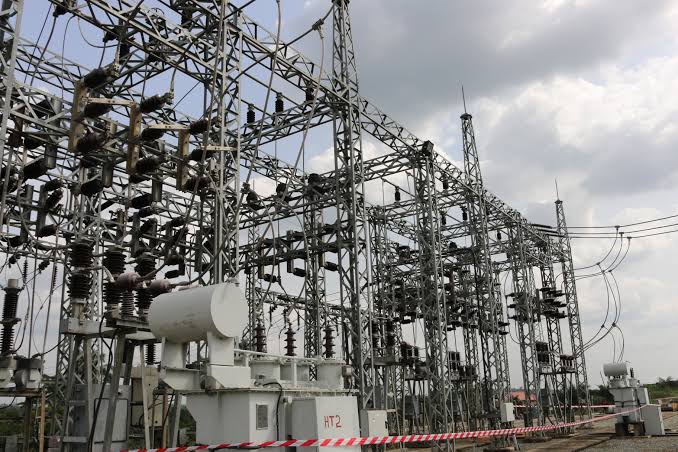The Transmission Company of Nigeria has increased its electricity wheeling capacity to 8,701 megawatts, even as it battles a debt burden amounting to N457 billion.
This was disclosed during a capacity-building workshop organized by the company for journalists in Keffi, Nasarawa State.
The Executive Director of Transmission Service Provider at TCN, Oluwagbenga Ajiboye, stated in his presentation that the company’s debt includes N217 billion in legacy obligations and N240 billion for more recent services.
However, he emphasized that this financial strain has not deterred TCN from undertaking vital infrastructure upgrades.
“The market owes us about N457bn as of March 2025, due to market shortfalls and legacy debts. We have traced N217bn to legacy obligations and are in discussions with MOFI for some recovery,” Ajiboye said, referring to the Ministry of Finance Incorporated.
Despite these constraints, he highlighted steady progress in the company’s operations.
“Our wheeling capacity has now reached 8,701MW. This expansion is a testament to our commitment to strengthening Nigeria’s power transmission backbone,” he stated.
Ajiboye, however, pointed out that persistent inefficiencies across the electricity value chain especially within distribution continue to limit the sector’s overall performance.
He said more than 40 transmission substations remain underutilised or shut down due to unresolved right-of-way issues or outright rejection of power by Distribution Companies.
“There are completed substations that are not in use because the lines to evacuate power are yet to be completed. In some cases, DisCos simply refuse to accept the load,” he lamented.
Meanwhile, Ajiboye disclosed that efforts by the Federal Government to privatise five National Integrated Power Projects have stalled due to low and uncompetitive bids from interested investors.
The affected power plants include Geregu II (434MW) in Kogi, Omotosho II (451MW) in Ondo, Olorunsogo II (750MW) in Ogun, Odukpani (563MW) in Cross River, and Benin-Ihovbor (451MW) in Edo.
“The government wants to sell, but the bids are not reflective of the investment cost. The power stations remain under government control for now,” he explained.
Speaking on the structural fragility of the Nigerian Electricity Supply Industry, TCN Managing Director, Sule Abdulaziz represented by Ajiboye noted that the weakest link in the power chain, whether in generation, transmission, or distribution, determines the overall output.
“No matter how good TCN is, if GenCos are underperforming or if DisCos are not accepting loads, the system cannot function optimally. Each link must be strong for the sector to work efficiently,” Abdulaziz said.
On funding sources, TCN’s General Manager of Project Coordination, Aminu Tahir, revealed that the company has secured financing from several international partners including the World Bank, African Development Bank, French Development Agency, and Japan International Cooperation Agency.
He said these funds are being channeled into boosting Nigeria’s transmission infrastructure.
Tahir also cited vandalism, right-of-way disputes, and poor demand uptake by DisCos as major challenges undermining reliable power delivery.
“While Nigeria has an installed generation capacity of over 12,000MW, actual delivery to end-users is often below 5,000MW due to systemic bottlenecks. These gaps must be addressed collectively,” Tahir noted.

